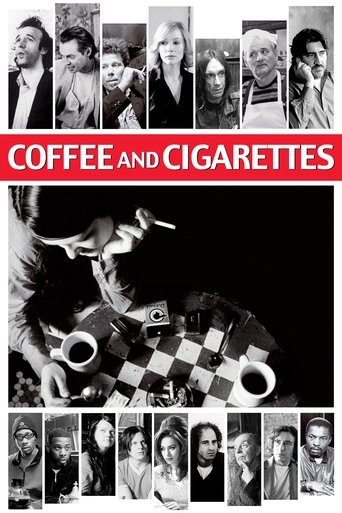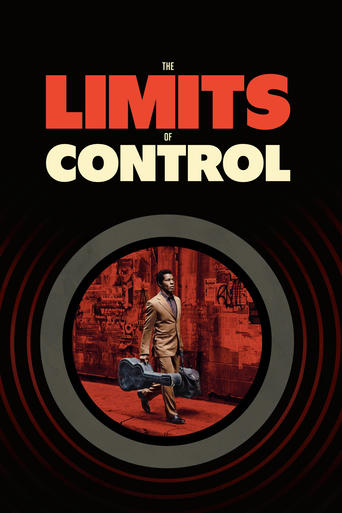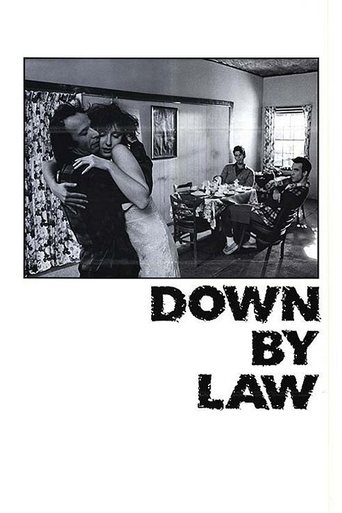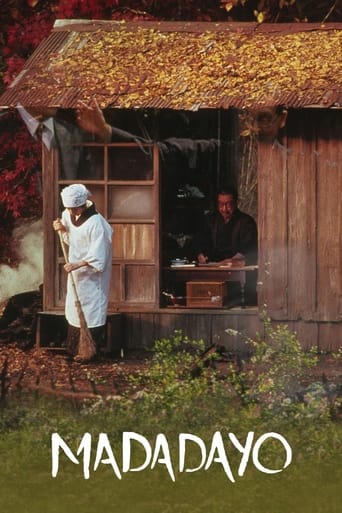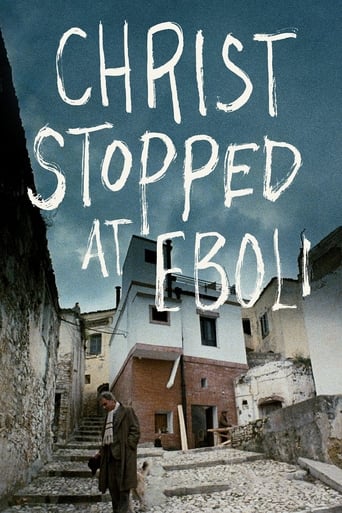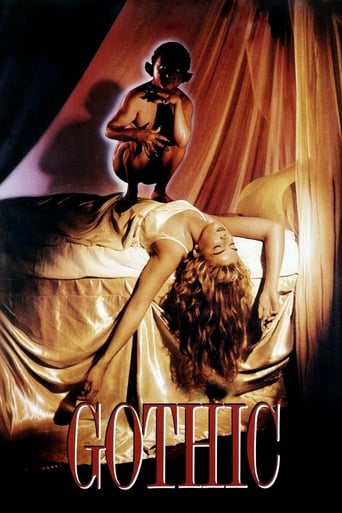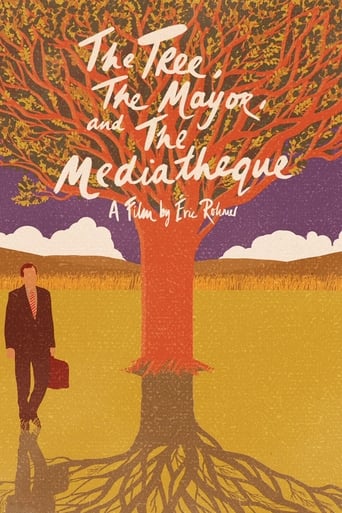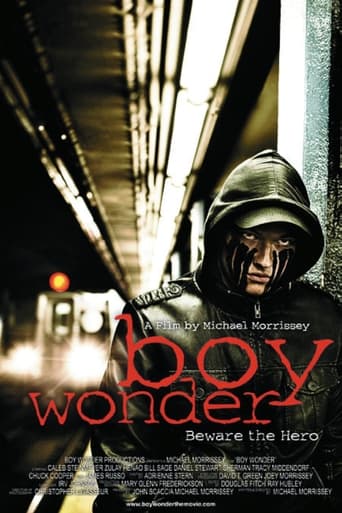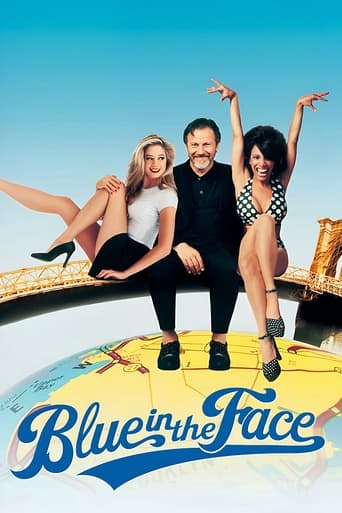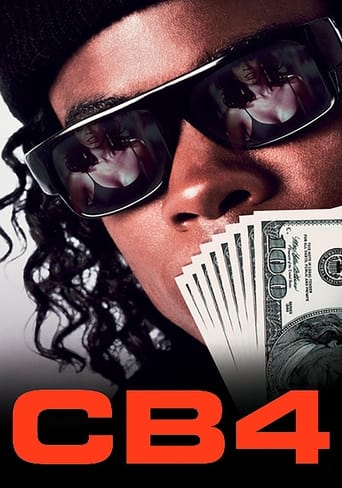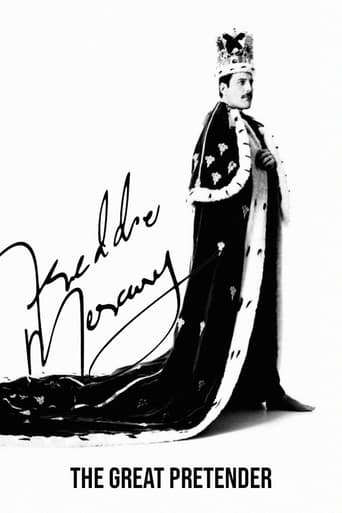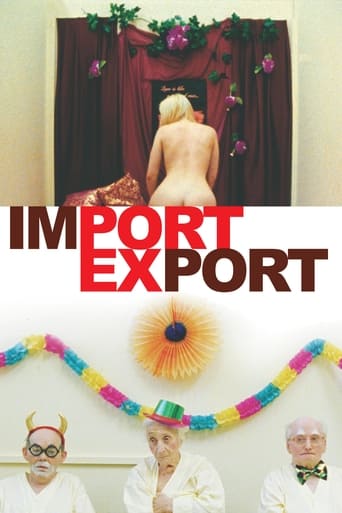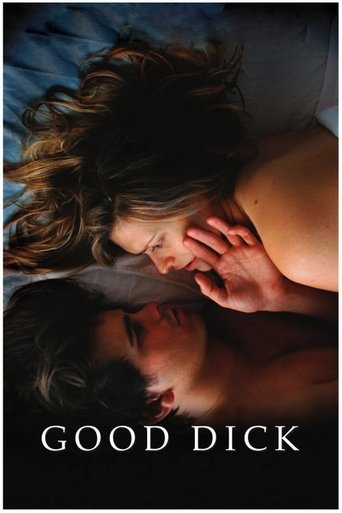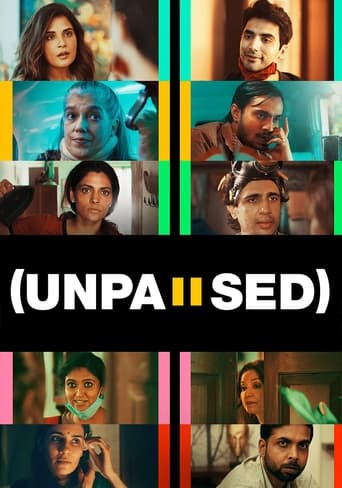Trailers & Videos

Official Trailer

Ghost Dog Whacks A Mobster From His Sink

Ghost Dog Watches A Group Freestyle Rap In The Park

Ghost Dog Watches A Civilian Defend Themselves

Louie Confronts Ghost Dog On The Street

Two Hunters Threaten Ghost Dog With a Rifle

Ghost Dog Shoots His Way Through A Wave Of Mobsters

Ghost Dog Forces Louie To Check On The Dead Body

Ghost Dog Finds Louie & Finds Out Everyone Is After Him

Assassins Sent To Kill Ghost Dog Can't Find Him
Cast
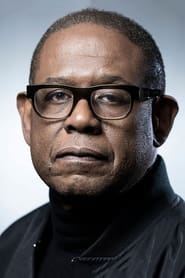
Forest Whitaker
Ghost Dog
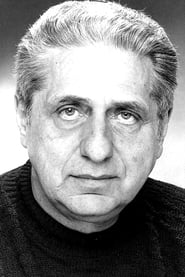
John Tormey
Louie

Cliff Gorman
Sonny Valerio
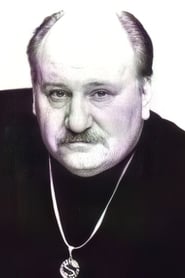
Frank Minucci
Big Angie
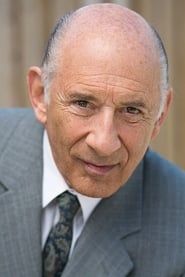
Richard Portnow
Handsome Frank
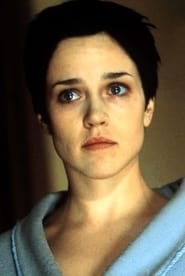
Tricia Vessey
Louise Vargo
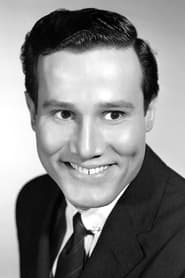
Henry Silva
Ray Vargo
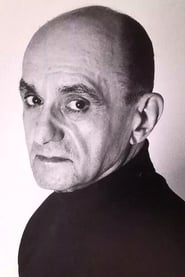
Gene Ruffini
Old Consigliere
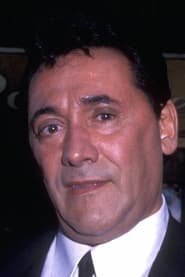
Frank Adonis
Valerio's Bodyguard
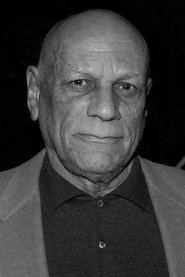
Victor Argo
Vinny
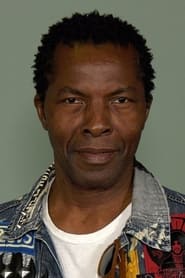
Isaach de Bankolé
Raymond

Camille Winbush
Pearline
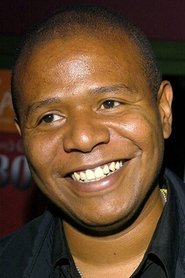
Damon Whitaker
Young Ghost Dog
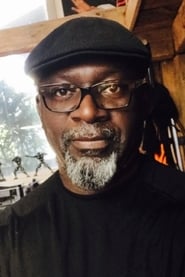
Chuck Jeffreys
Mugger
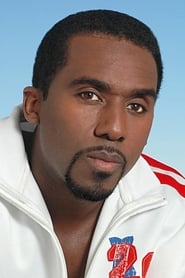
Gano Grills
Gangsta in Red
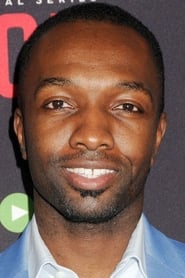
Jamie Hector
Gangsta in Red
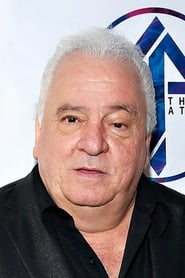
Vinny Vella
Sammy the Snake

Joseph Rigano
Joe Rags

Roberto Lopez
Punk in Alley
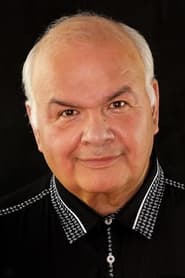
Gary Farmer
Nobody
More Like This
Reviews
CRCulver
The eponymous protagonist of Jim Jarmusch's 1999 film GHOST DOG is an African-American hitman (Forest Whitaker) working for an Italian mafia in New Jersey and living according to the Hagakure, Japan's samurai code. After a hit goes wrong through no fault of the assassin's own, his mafia liaison Louie (John Tormey) is sympathetic, but explains that his superiors now want Ghost Dog dead. The film follows Ghost Dog's revenge and depicts a clash between two ancient tribes that both seem out of date in this modern world: Ghost Dog's samurai code and Italian mafia ideas of loyalty.
Jarmusch has always been open about the fact that he soaks up a huge number of inspirations from earlier films, books, and music and then lets them reflect in his own work. Any cinephile will instantly recognize Jean-Pierre Melville's 1967 film Le Samouraï as the point of departure for GHOST DOG. In Meville's classic, a Parisian hired assassin lives according to a strict code. But Melville didn't really know much about Japan, and even the quotation from a samurai text at the beginning of his film was just made up by Meville himself. Jarmusch seems to have decided, "OK, I'll show you a hired-assassin film that's *really* rooted in the code of the Samurai". Forest Whitaker quotes from Hagakure throughout the film, and there are also references to the work of Akira Kurosawa.
But GHOST DOG is not a remake, and Jarmusch takes the basic premise in a very individual direction. There's a lot of humour here, something missing from the serious Melville inspiration. In casting for the mafia dons, Jarmusch chose faces as brutal and distinctive as Dick Tracy's rogues gallery: Henry Silva as the don, and Cliff Gorman and Gene Ruffini as his righthand men. But Jarmusch then gives them the occasional zany line that cracks that chilling façade. Isaach de Bankole plays a supporting role as a French-speaking Haitian immigrant and Ghost Dog's best friend, a role that is pure comic relief because the man doesn't speak English and Ghost Dog doesn't understand French, but they always manage to understand each other.
Until the late 1990s, Jarmusch had mainly been known as a fairly low-budget independent filmmaker writing cute little stories about personal relationships in low-key American life. Jarmusch's America was consistently depicted as run-down neighbourhoods and overgrown vacant lots. With its generous budget, large cast and special effects, GHOST DOG marked a huge leap forward in Jarmusch's work. Still, it maintains Jarmusch's interest in America as a land of urban blight and seedy underbellies: most of the film takes place in an ugly New Jersey urban setting. Furthermore, instead of being glamorized, the Italian mafia is depicted as a spent force, mainly elderly men who can't rake in the cash and influence they used to, and even forced to pay protection money to Chinese newcomers. As the film reaches its shocking ending, the glamour is drained from Ghost Dog's warrior code, as well.
The music for GHOST DOG was provided by RZA, at the time still best known as part of the Wu-Tang Clan. The music mainly consists of wordless beats, though, with actual rapping only at a few points. Personally, I find the use of hip-hop a weak point of the film (Jarmusch looks like an outsider looking in to this scene, unable to organically make it part of his own work), and RZA's insistence on appearing in the film itself disrupts the rhythm of the film's climax.
You've reached the end.





